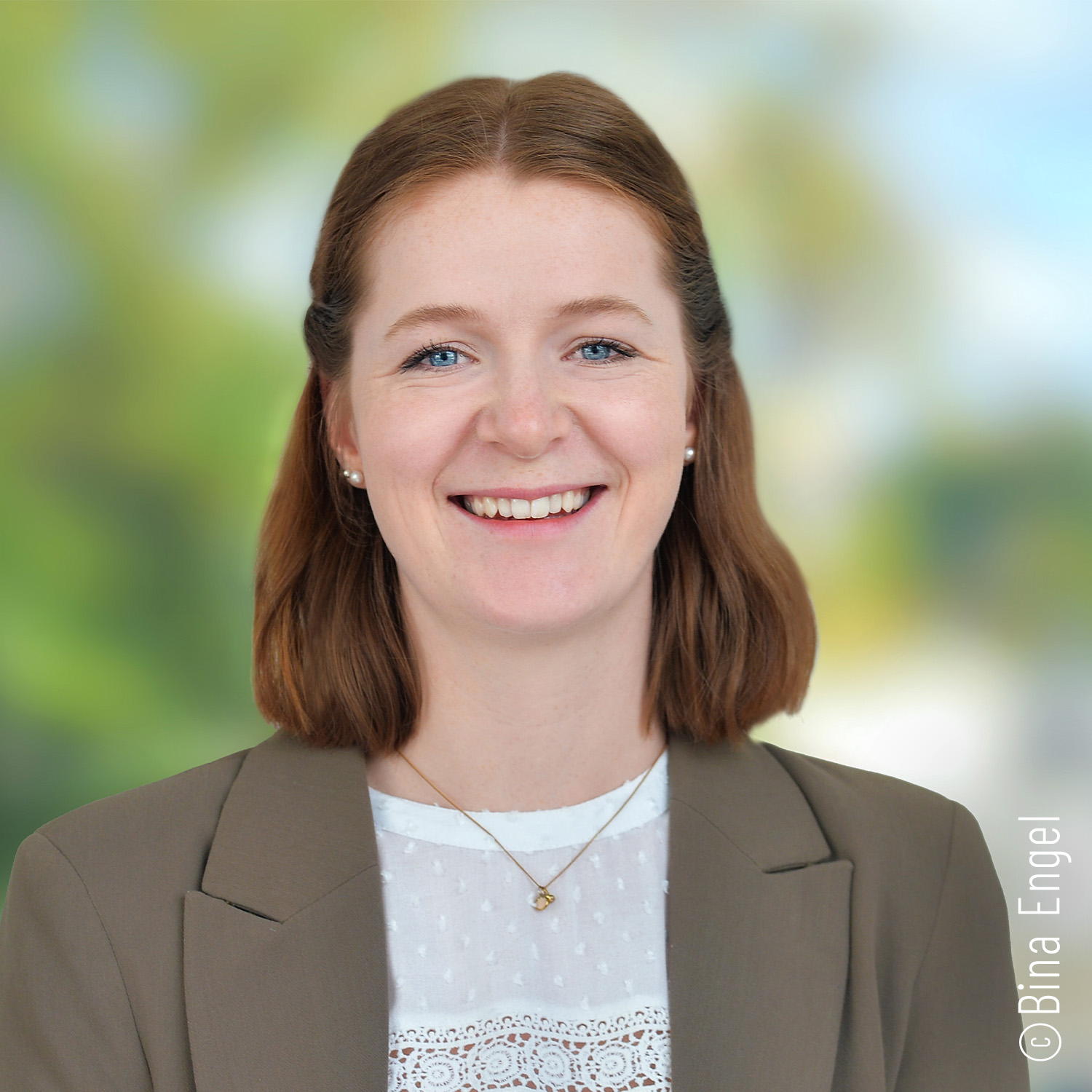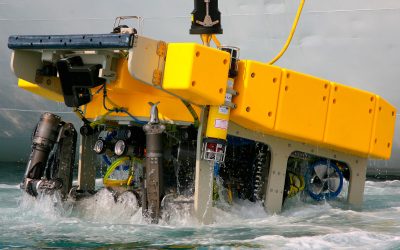
Karina Tammen
Wissenschaftliche Mitarbeiterin
Telefon: +49 40 9999 698 – 88
E-Mail: Tammen[at]dmz-maritim.de
The shortage of labour and skilled workers in Germany is increasing. According to the Federal Employment Agency, the number of professions facing shortage has risen from 148 to 200 in 2022.[1] More and more companies and entire industries are under significant pressure to attract a sufficient number of skilled workers, especially junior staff. This also applies to the maritime sector.
We are supporting the industry in the competition to attract bright minds and young talent. In a first step, we asked why young people choose the maritime sector. To do this, we conducted an online survey asking young people who have already chosen the maritime industry, for their opinions.
We wanted to know what influenced their decision to train or study for, or to start a career in, the maritime sector. How did the young target group learn about the maritime industry and its career opportunities, and how would they prefer to be informed? Which characteristics of the industry, its activities, fields of study or companies are attractive or less appealing?
The results of the survey give us a better understanding of the target group, and provide us with concrete insights and indications for developing suitable measures to promote the recruitment of the next generation in the maritime industry.
Results and conclusions
A total of 466 people took part in our online survey, including 205 trainees, 153 students in maritime degree programmes, 28 dual study students in non-maritime degree programmes and 80 young professionals in maritime professions, maritime degree programmes and in companies, institutions and organisations in the maritime sector. The vast majority of the sample can be categorised as Generation Z, which means they were born after 1996 and represent the age cohort, and thus the target audience, that will be most important for recruiting young talent in the coming years.
The results of our survey provide some exciting insights from which potentially effective measures can be derived. For example, the composition of the sample suggests that the maritime industry can tap into a larger target group than previously thought. It turns out that most of the participants come from the five northern German states and many of them had early exposure to the maritime sector through their place of residence or through family and friends. But there are also many young people living in the other federal states who may be interested in the industry. Suitable measures are needed for this.
In particular, career-orientation measures as part of school and social media activities adapted to the target group can come into play here. Most of the participants in the survey stated that they would like to see more information about the maritime sector and its career opportunities on social media. In addition, many of the respondents consider (school) visits to companies and universities to be a good way of gaining insight into practical working or student life.
The survey results focus on some factors with which the maritime sector can position itself well in the labour market. Good reasons why employees should work in the maritime sector include its international nature, with the numerous opportunities to work abroad and the chance to work with people from all over the world. The relevance of the maritime sector is also important to young professionals. Working in a key industry that secures global trade is a job with meaning. However, the results also point specifically to issues where the maritime industry could do better, such as sustainability and environmental protection, or addressing structures that are perceived as too conservative.
The responses from the participants have already identified possible courses of action to improve on these areas. They suggest that it would be preferable to develop measures to increase the sector’s attractiveness and recruitment of young people directly and together with the young maritime professionals. The young generation is enthusiastic and full of ideas, and once they have found their way into the maritime sector, they remain loyal to it.
Outlook
The maritime sector plays a central role worldwide, as it does in Germany. Its performance will continue to be a decisive factor for society and the economy in the future. In order for maritime players to maintain their position or even improve their competitive position in attracting young talent and bright minds in the future, they must question their status quo and previous approaches, and actively respond to current challenges and changes.
The maritime sector in particular needs to address the issues of employer branding, social media, and career and study orientation. This requires an investment of time and money – but being visible as an employer with the right messages in the right place pays off.
The German Maritime Centre is supporting maritime stakeholders in the implementation of the above-mentioned topics.
We want to reach new target audiences and make the maritime sector known and accessible in schools all over Germany, for example through projects like “Insight Maritime”. We also want to focus on people we cannot reach in schools, such as career changers, or those who have dropped out of school. Together with the maritime stakeholders, we want to explore new ways of sparking interest in the maritime sector beyond the borders of the northern German states and across different age and interest groups. Collectively, we aim to present compelling reasons for involvement in the maritime sector, build a positive image and develop the authentic perception of the industry from within to an authentic perception from those outside the industry.
























